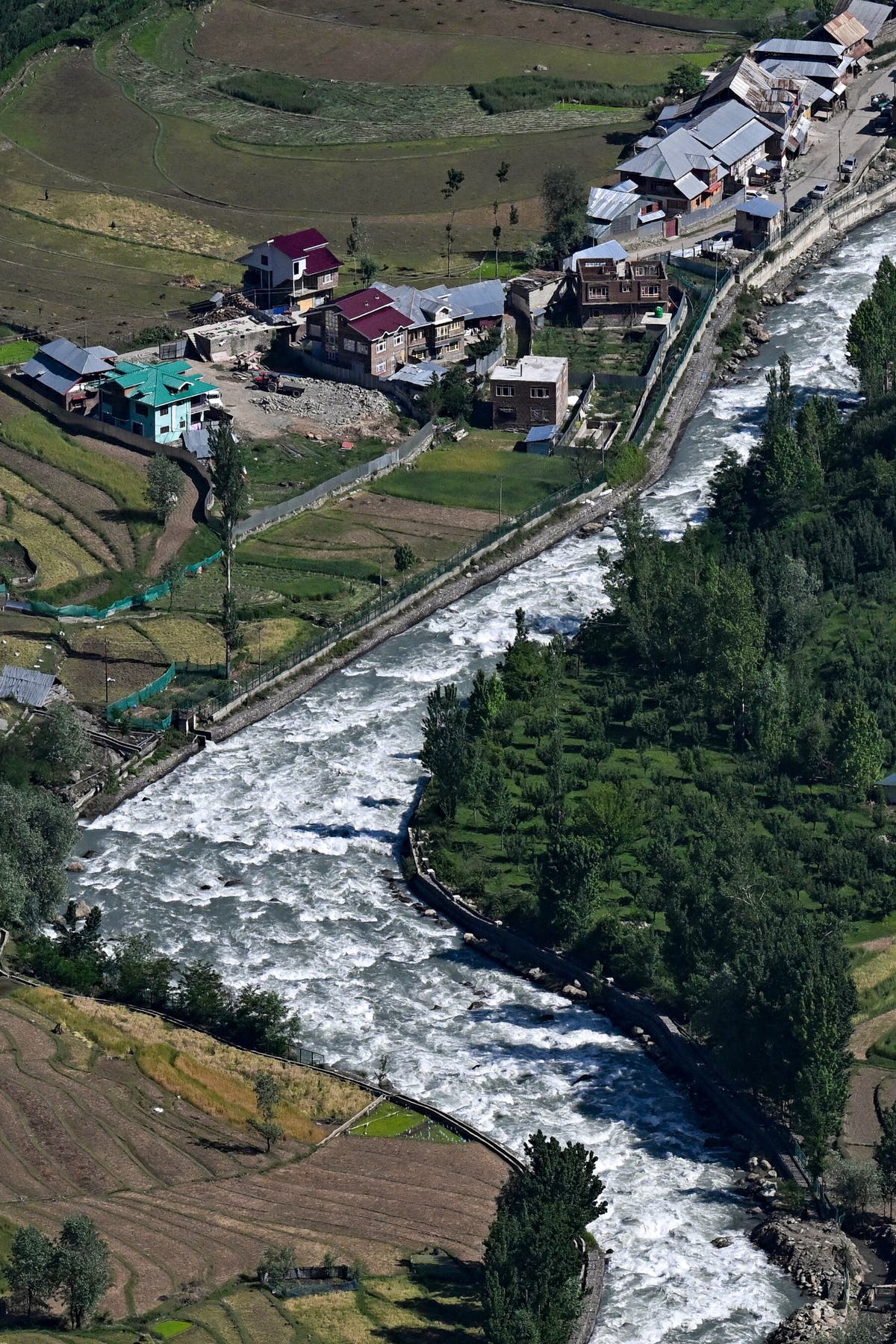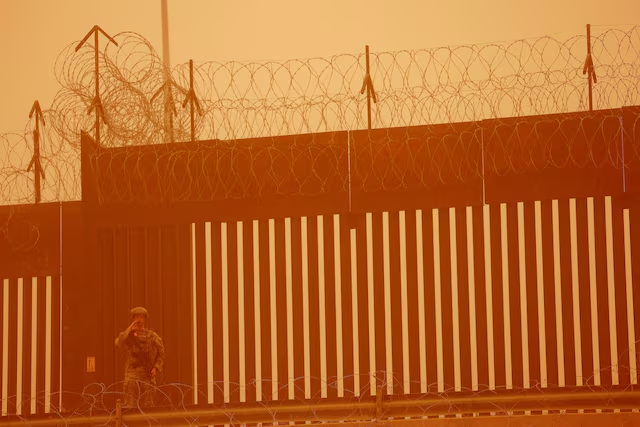In the wake of a deadly terrorist attack in Pahalgam, Kashmir, that claimed the lives of 26 civilians on April 22, 2025, India has suspended the Indus Waters Treaty (IWT) with Pakistan, a move that has intensified tensions between the two nuclear-armed neighbors.
The IWT, signed in 1960 under the auspices of the World Bank, governs the distribution of water from the Indus River system between India and Pakistan. Under the treaty, India controls the eastern rivers (Ravi, Beas, and Sutlej), while Pakistan has rights over the western rivers (Indus, Jhelum, and Chenab).
India’s decision to suspend the treaty follows accusations that Pakistan-based militants were responsible for the Pahalgam attack. Prime Minister Narendra Modi stated that “blood and water cannot flow together,” emphasizing India’s stance against cross-border terrorism.
In response, Pakistan has condemned the suspension as an “act of war,” highlighting the country’s heavy reliance on the Indus River system for agriculture and drinking water. Approximately 80% of Pakistan’s agricultural activities depend on these waters.
India has initiated projects to maximize its utilization of the eastern rivers and is considering plans to divert water from the western rivers, which could significantly impact Pakistan’s water supply. One such project involves expanding the Ranbir canal to increase water diversion from the Chenab River.
The suspension of the IWT marks a significant shift in India-Pakistan relations, with water resources becoming a focal point of geopolitical tensions. Analysts warn that this development could lead to further instability in the region and urge both countries to engage in dialogue to resolve the dispute.
Source: The New York Times



